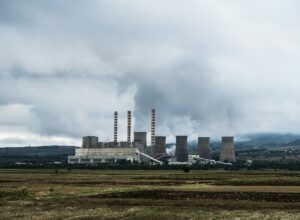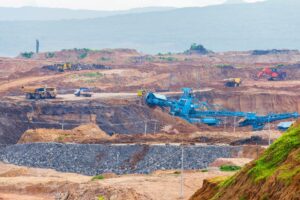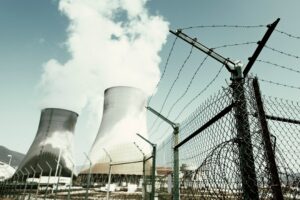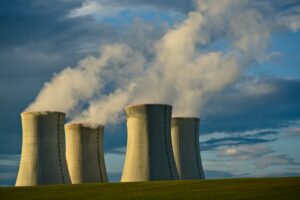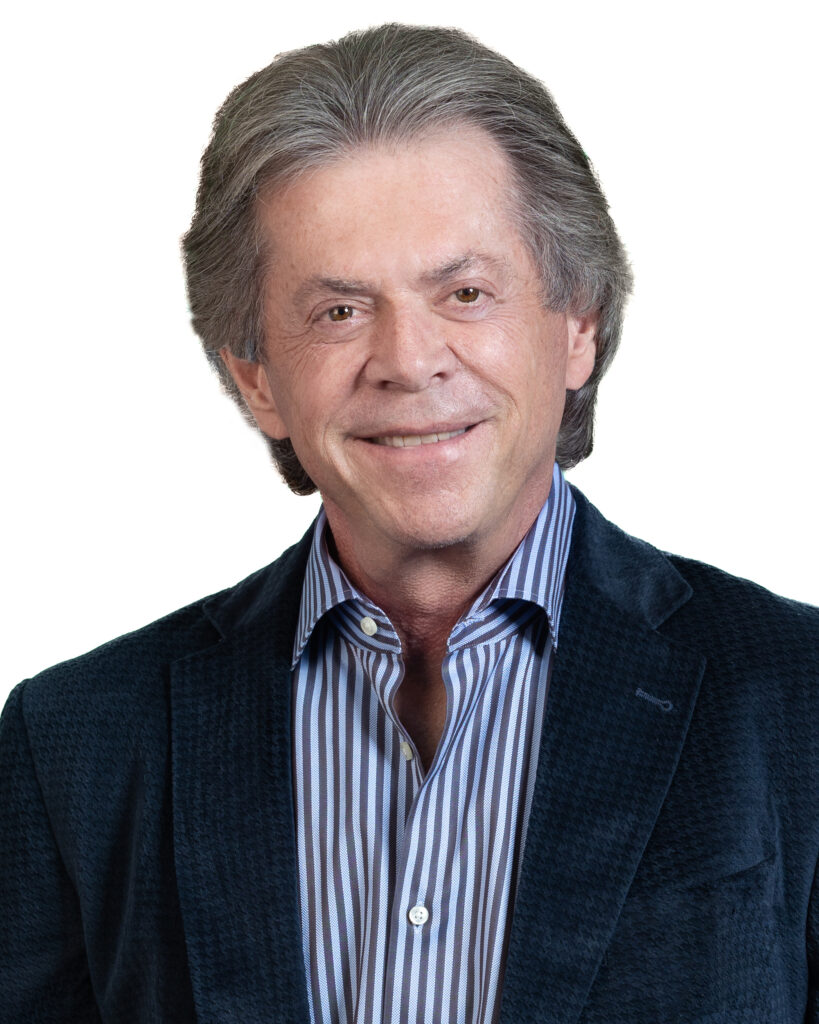The nuclear energy landscape has witnessed a significant shift in recent years, driven in large part by the development and emergence of advanced nuclear technologies. As the demand for more flexible, cost-effective, and sustainable energy solutions continues to grow, the industry has seen increasing interest in and support for these cutting-edge innovations, potentially transforming the nuclear sector and revolutionizing the clean energy future.
In this insightful article, we will take a closer look at some of the most promising advancements in nuclear technology, focusing primarily on Small Modular Reactors (SMRs)—a groundbreaking concept rapidly gaining traction for its numerous benefits and advantages over traditional large-scale nuclear reactors. Under the expert guidance of William Sheriff, founder and Executive Chairman of enCore Uranium, we aim to delve into the unique characteristics of these advanced technologies, uncovering their transformative potential in reshaping the nuclear industry and propelling us further towards a more sustainable energy future.
Join us as we explore advanced nuclear technologies, highlighting the remarkable progress made by visionary industry leaders like enCore Uranium and William Sheriff in revolutionizing the nuclear energy landscape. As we uncover the capabilities and opportunities of these state-of-the-art solutions, we strive to inform, educate, and inspire a deeper understanding of the future role of nuclear energy in contributing to our shared goals of sustainability, affordability, and innovation in energy generation.
1. Small Modular Reactors (SMRs): Revolutionizing the Nuclear Landscape
Small Modular Reactors are a groundbreaking innovation in the nuclear energy sector, offering a versatile, scalable, and cost-effective alternative to traditional large-scale reactors. Here, we discuss some of the distinctive features and benefits of SMRs:
- Modularity and Scalability: SMRs are designed with modular components that can be assembled and integrated on-site, allowing for a more flexible approach to reactor construction. This modularity enables the capacity of a nuclear power plant to be scaled according to demand, increasing efficiency and reducing the financial risk associated with overly large installations.
- Cost-Effectiveness: Due to their smaller size and modular design, SMRs have lower construction costs than traditional large-scale reactors. Additionally, many SMRs are designed with passive safety features that can further reduce operational and maintenance costs.
- Enhanced Safety Features: SMRs often incorporate advanced safety systems, including passive cooling and inherent safety features that rely on natural forces such as gravity and convection, reducing the risk of accidents and enhancing overall reactor safety.
2. Beyond SMRs: Generation IV Reactors and Advanced Fuel Cycles
As the nuclear industry continues to evolve, researchers and developers are working on next-generation nuclear reactor designs and fuel cycles to improve efficiency, safety, and sustainability further:
- Generation IV Reactors: Aiming for commercial deployment in the coming decades, Generation IV reactors are designed to be even more efficient, safer, and environmentally friendly than current advanced reactors, with potential advancements including high-temperature operation, improved waste management, and enhanced proliferation resistance.
- Advanced Fuel Cycles: Research efforts focus on developing new nuclear fuel cycles, such as fast-neutron reactors and advanced recycling technologies, which can minimize waste production, increase uranium resource utilization, and reduce the long-term radiotoxicity of waste products.
3. The Role of enCore Uranium and William Sheriff in Advancing Nuclear Technologies
William Sheriff, founder and Executive Chairman of enCore Uranium, is a visionary leader with a deep understanding of the potential that advanced nuclear technologies hold for the future of clean energy:
- Commitment to Innovation: Sheriff and enCore Uranium are dedicated to exploring and promoting the development and adoption of advanced nuclear technologies like SMRs, recognizing their potential to transform the industry and pave the way for a sustainable, low-carbon energy future.
- Industry Collaboration: As a pioneer in the uranium sector, enCore Uranium actively collaborates with other industry stakeholders, research institutions, and government agencies to promote innovative reactor designs and fuel cycles, working together towards shared goals of sustainability, affordability, and efficiency in nuclear energy generation.
4. The Future of Advanced Nuclear Technologies and the Role They Play in a Sustainable Energy Future
As the global energy landscape continues to shift towards clean, renewable, and low-carbon solutions, advanced nuclear technologies will play an increasingly vital role in meeting these challenges:
- Supporting Renewable Energy: Advanced nuclear technologies, like SMRs, can provide stable baseload power to complement the intermittent nature of renewable energy sources, such as wind and solar, enabling a more reliable and diverse energy grid.
- Addressing Climate Change: The continued development and adoption of advanced nuclear technologies can significantly contribute to reducing greenhouse gas emissions and combating climate change, ensuring a cleaner and more sustainable future for future generations.
- Adapting to New Energy Paradigms: As the global energy landscape continues to evolve, advanced nuclear technologies will play a critical role in providing flexible, scalable, and efficient solutions to meet the growing demands of various applications, including remote communities, developing nations, and energy-intensive industries.
Conclusion
Advanced nuclear technologies, including Small Modular Reactors and beyond, hold the key to unlocking a new era of sustainability, efficiency, and innovation in nuclear energy. Under the leadership of visionaries like William Sheriff and with companies like enCore Uranium at the helm, the continued development and adoption of these state-of-the-art solutions will set the course for a greener, more responsible energy future.
As our understanding of the capabilities and potential benefits of advanced nuclear technologies grows, so too does our collective commitment to fostering innovation and implementing these cutting-edge solutions across the global energy landscape. By embracing these technologies and working collaboratively to overcome challenges, we can create a more secure, sustainable, and optimistic future for United States nuclear energy and its role in combating climate change.

